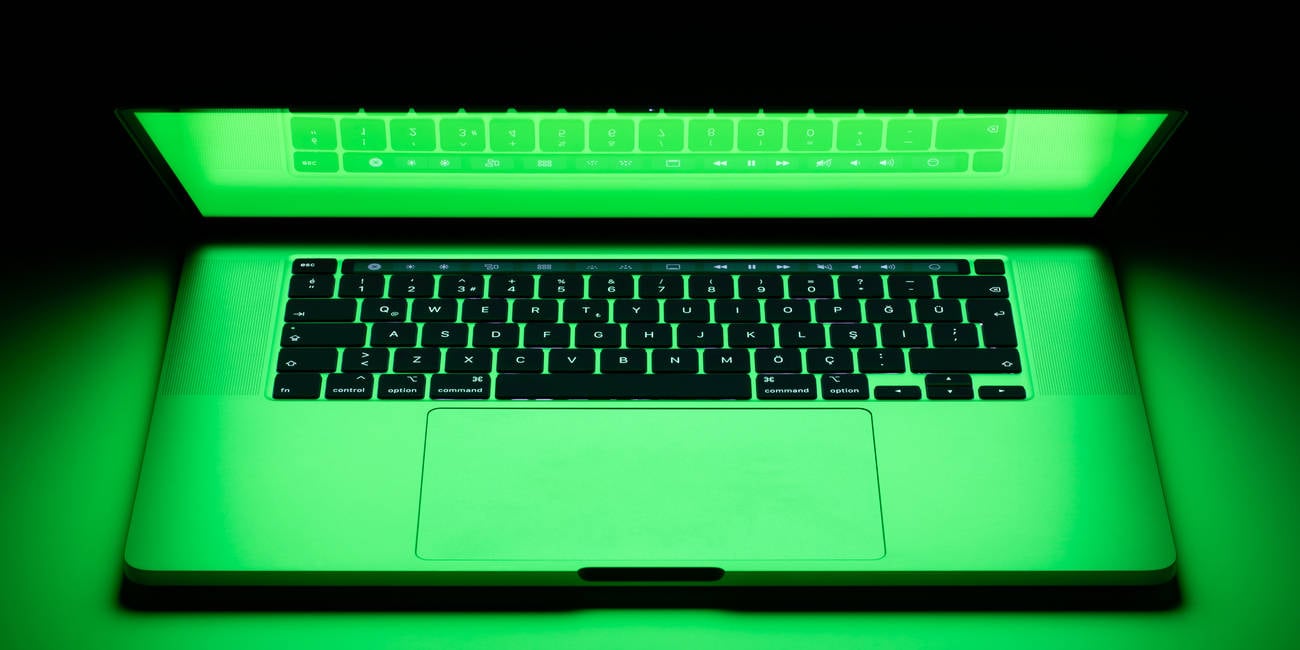Asahi Linux Goes From Apple Silicon Port Project To MacOS Bug Hunters

Asahi Linux, a project to port Linux to Apple Silicon Macs, has reported a combination of bugs in Apple's macOS that could leave users with hardware in a difficult-to-recover state.
The issues revolve around how recent versions of macOS handle refresh rates, and MacBook Pro models with ProMotion displays (the 14 and 16-inch versions) are affected. According to the Asahi team, the bugs lurk in the upgrade and boot process and, when combined, can create a condition where a machine always boots to a black screen, and a Device Firmware Update (DFU) recovery is needed.
Asahi Linux's techies have looked into the issue, having first suspected it had something to do with either having an Asahi Linux installation on a Mac and then upgrading to macOS Sonoma or installing Asahi Linux after a Sonoma upgrade. However, the issue appears to be unconnected to the project.
The team said: "As far as we can tell, ALL users who upgraded to Sonoma the normal way have an out-of-date or even broken System RecoveryOS, and in particular MacBook Pro 14" and 16" owners are vulnerable to ending up with a completely unbootable system."
While this might sound alarming, the team was at pains to assure users that data was not at risk and only certain versions of macOS were affected – Sonoma 14.0+ and Ventura 13.6+.
The first bug is related to macOS Sonoma using the previously installed version as System Recovery, which can cause problems when an older RecoveryOS runs into newer firmware.
- Long-term support for Linux kernels is about to get a lot shorter
- Fedora and Asahi Linux pals revamp installation process
- Asahi Linux project hooks up with Fedora: Remix that's not a remix coming soon
- Asahi Linux developer warns the one true way is Wayland
The second occurs if a display is configured to a refresh rate other than ProMotion. According to the Asahi Linux team, the system will no longer be able to boot into old macOS installs or Asahi Linux. "This includes recovery mode when those systems are set as the default boot OS, and also System Recovery at least until the next subsequent OS upgrade."
The Asahi Linux installer has been tweaked to check for the issue and will refuse to install if the refresh rate on affected machines is set to anything other than ProMotion mode. It will also perform an integrity check to verify the status of the System Recovery partition before making any changes.
The team noted: "Even users with just 13.6 installed single-boot are affected by this issue (no Asahi Linux needed).
"We do not understand how Apple managed to release an OS update that, when upgraded to normally, leaves machines unbootable if their display refresh rate is not the default. This seems to have been a major QA oversight by Apple."
The Register contacted Apple to get its take on the report and will update should the company respond. ®
From Chip War To Cloud War: The Next Frontier In Global Tech Competition
The global chip war, characterized by intense competition among nations and corporations for supremacy in semiconductor ... Read more
The High Stakes Of Tech Regulation: Security Risks And Market Dynamics
The influence of tech giants in the global economy continues to grow, raising crucial questions about how to balance sec... Read more
The Tyranny Of Instagram Interiors: Why It's Time To Break Free From Algorithm-Driven Aesthetics
Instagram has become a dominant force in shaping interior design trends, offering a seemingly endless stream of inspirat... Read more
The Data Crunch In AI: Strategies For Sustainability
Exploring solutions to the imminent exhaustion of internet data for AI training.As the artificial intelligence (AI) indu... Read more
Google Abandons Four-Year Effort To Remove Cookies From Chrome Browser
After four years of dedicated effort, Google has decided to abandon its plan to remove third-party cookies from its Chro... Read more
LinkedIn Embraces AI And Gamification To Drive User Engagement And Revenue
In an effort to tackle slowing revenue growth and enhance user engagement, LinkedIn is turning to artificial intelligenc... Read more

